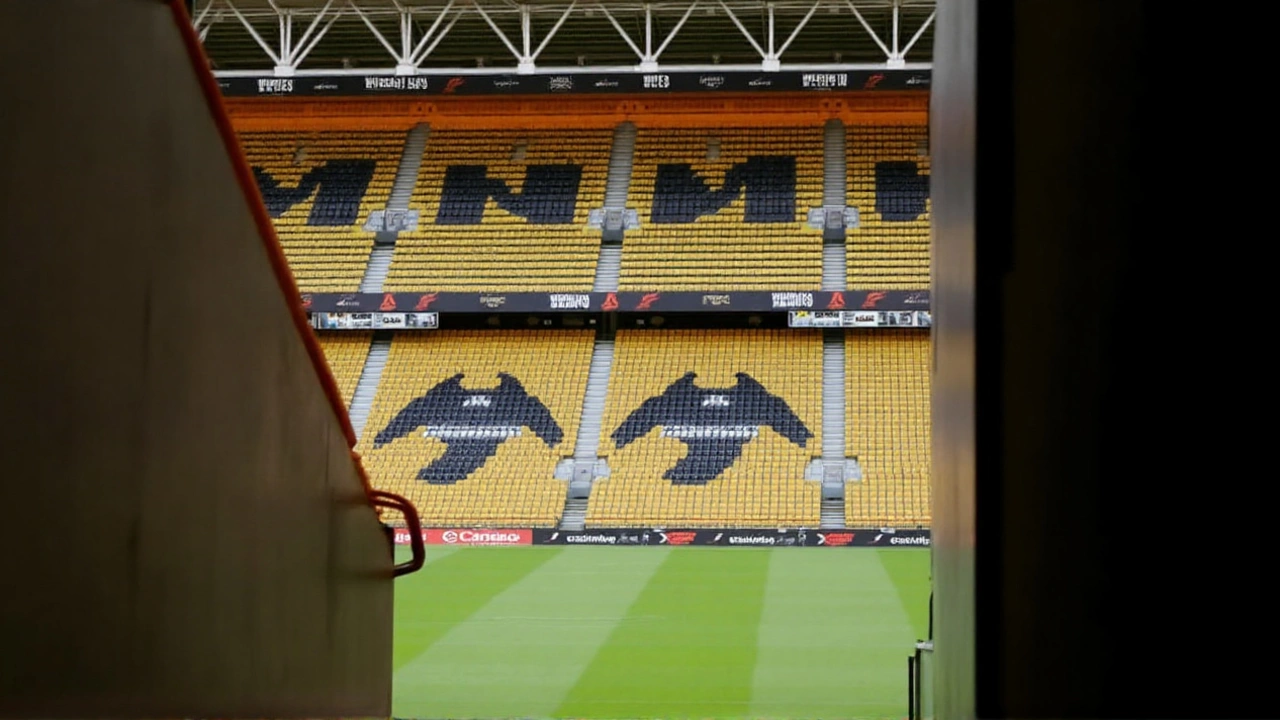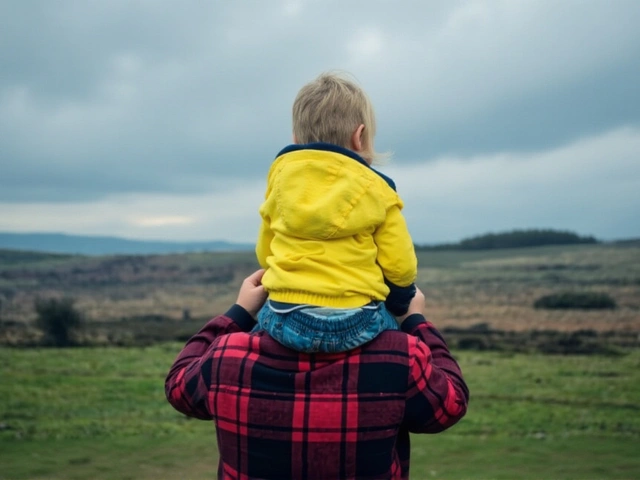Wolves – Understanding Pack Life, Habitat, and Conservation
When learning about Wolves, large, social carnivores of the genus Canis that thrive in family groups called packs. Also known as gray wolves, they play a pivotal role in keeping ecosystems balanced. Their howl, the way a pack moves together, and the way they hunt all point to a complex animal that’s far more than just a predator.
One key aspect of wolf life is Pack Dynamics, the hierarchy, communication, and cooperative hunting strategies that define how wolves work together. A typical pack includes an alpha pair, their offspring, and sometimes a few subordinate members. This structure lets them take down prey much larger than any single wolf could handle. Pack dynamics also shape how pups learn to hunt, giving the next generation the skills they need to survive. Another crucial entity is Habitat, the range of forests, tundra, and mountainous regions that provide shelter, prey, and space for wolves. Wolves need large territories – often hundreds of square miles – to support the prey base and avoid conflicts with humans. When habitat shrinks, packs become fragmented, and their social structure suffers.
Conservation and the Future of Wolves
Today, Conservation, the science and policy work aimed at protecting wolf populations and their habitats is a hot topic. Laws that safeguard critical corridors, re‑introduction projects in places like Yellowstone, and community outreach all influence wolf numbers. Conservation efforts directly affect Prey Species, the deer, elk, and small mammals that wolves rely on for food. A healthy prey base means packs can stay stable without turning to livestock, which reduces human‑wolf conflict.
These entities are tightly linked: Wolves encompass pack dynamics, Pack dynamics require ample habitat, and Habitat health influences conservation outcomes. Likewise, Conservation shapes the availability of prey species, while Prey availability feeds back into pack stability. Understanding these relationships helps you see why a single wolf isn’t just an isolated animal but a part of a larger ecological web.
Below you’ll find a mix of articles that touch on wildlife, community projects, and even how these themes intersect with sports and local culture. Whether you’re curious about the science behind wolf packs, want tips on supporting native wildlife, or simply enjoy a good story about how wolves impact our world, the collection ahead offers practical insights and real‑world examples. Let’s dive into the posts and see how the concepts we’ve just discussed play out in everyday life.

- Sep 24, 2025
- Posted by Caspian Fairweather
Wolves vs Everton Carabao Cup Third‑Round Clash Set for Tuesday Night
Wolverhampton Wanderers have locked in a Carabao Cup third‑round tie with Everton at Molineux on 23 September 2025, 7:45 pm. Ticket sales roll out from season‑ticket holders on 5 September and move through members to the general public, with early‑bird pricing at £15 for adults. Prices jump to £20 on match day, while concessions and youth rates stay low. A pre‑match light show and digital ticketing aim to boost atmosphere. Seats for Everton fans are earmarked in the Steve Bull Stand.
Categories
- Sports (6)
- Sports & Recreation (4)
- Entertainment (4)
- Heritage & Culture (2)
- Golf Cart Maintenance (1)
- Golf Club Membership and Fees (1)
- Sports and Recreation (1)
- Golf Equipment and Maintenance (1)
- Sports Equipment Reviews (1)
- Business (1)
Latest Posts
©2026 whiterosesportsmanagement.co.uk. All rights reserved




